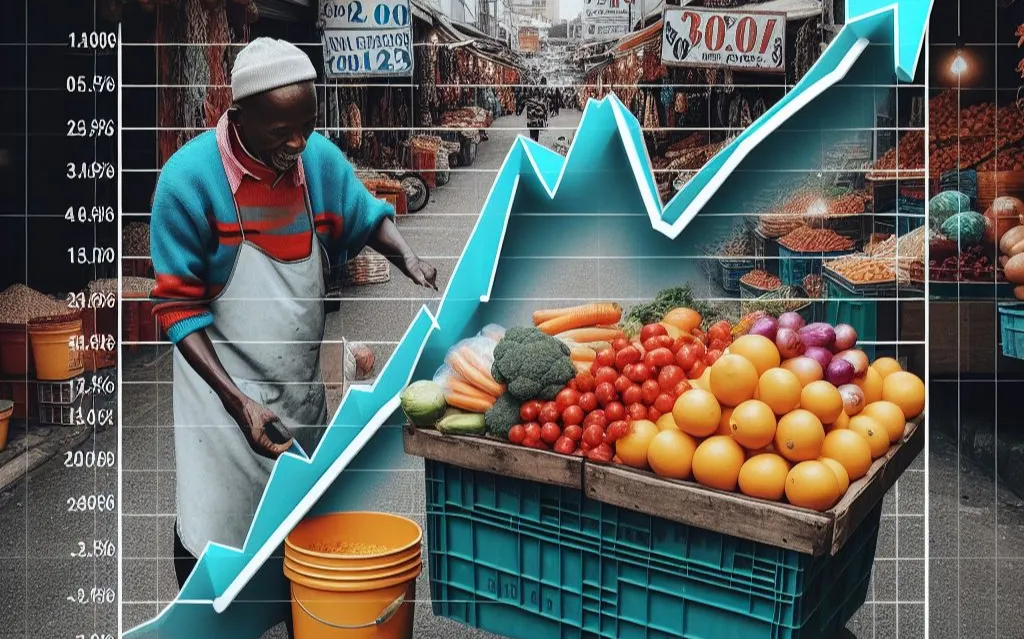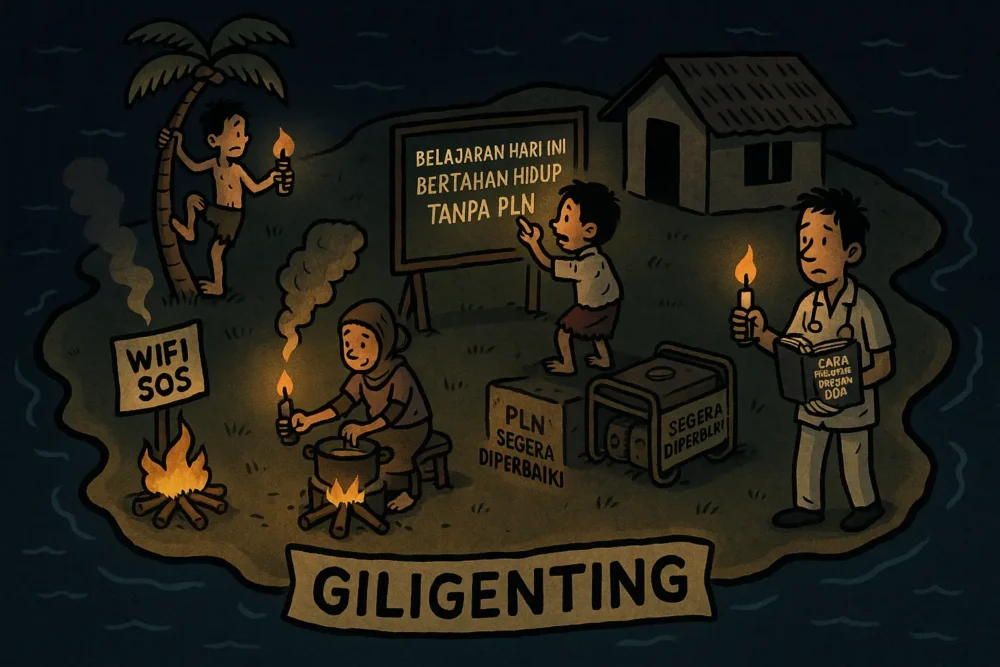jlk – Come on, let’s have a casual chat about the fluctuating USD/ZAR currency exchange rate. So, here’s the story…
First, let’s talk about inflation. Inflation is the general and continuous increase in prices of goods and services over a period of time.
Now, in South Africa, the annual consumer price inflation rose to 5.3% in January 2024, up from 5.1% in December 2023.
This is slightly higher than the market estimate of only 5.2%.
This inflation increase is due to rising prices of food, housing, utilities, transportation, and other goods.
Food and non-alcoholic beverages alone increased by 7.2% over the year and contributed 1.3 percentage points to overall inflation.
The inflation of goods rose to 6.6% in January 2024, while services rose to 4.0%, both up from December 2023.
Second, let’s talk about the impact of inflation on the economy and monetary policy.
The rise in consumer inflation in South Africa indicates that inflationary pressures in the country are starting to increase along with the post-pandemic economic recovery.
However, inflation is still within the target range of the South African Reserve Bank (SARB), which is 3% to 6%.
So, SARB may still maintain the benchmark interest rate at 3.5%, the lowest level since 1998, to support the still fragile economic growth.
SARB forecasts that the South African economy will grow by 4.2% in 2024, following a 7% contraction in 2023.
SARB also hopes that average consumer inflation will be 4.3% in 2024 and 4.4% in 2025.
Third, let’s talk about the USD/ZAR exchange rate projections. The USD/ZAR exchange rate is still trading in the short-term range between the levels of 18.80 (support) and 19.15 (resistance).
The current price has already formed a bullish reversal from this range support.
Traders who are long off this reversal may target a move to the 19.15 level, while using a close below 18.80 as a stop-loss consideration.
Tight stop levels are being considered as substitutes for upcoming data in the form of the National Budget Speech and minutes from the US FOMC meeting.
Factors that could influence the USD/ZAR exchange rate in the future include developments in fiscal and monetary stimulus, economic data, market sentiment, and political stability in both countries.
In general, the US dollar usually strengthens in times of global uncertainty or expectations of US interest rate hikes.
While the rand usually strengthens when there is increased demand for risk assets or commodities.
So, that’s our conversation about the USD/ZAR currency exchange rate.
Hope it helps you understand more about the world of economics and finance.
Don’t forget, investing is important, but it must be done wisely! Always do research and consult with experts before making investment decisions.
And don’t forget to drink coffee..
Happy investing!













